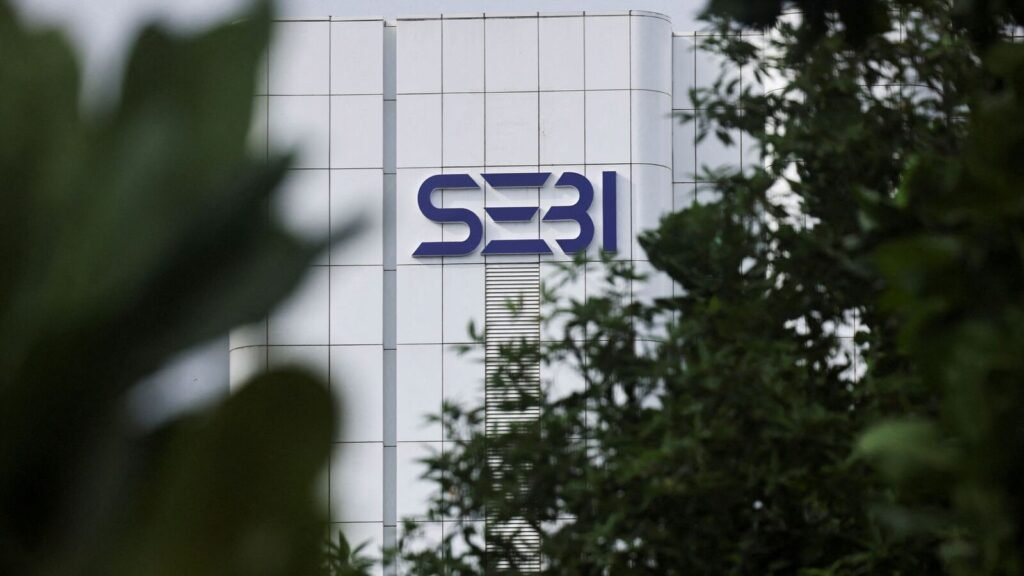The Securities and Exchange Board of India’s (Sebi) move follows an expert committee’s recommendations to the market regulator for well-governed entities that are expected to perform better in the long run.
Compliance with laws is the baseline indicator of responsible governance. Sebi’s changes focus both on external assurance exercises on compliance as well as robust in-house compliance.
Just as how the statutory auditors’ report enhances trust on an entity’s financial statements, a secretarial auditor’s report provides assurance on the entity’s compliance with applicable laws. Sebi’s changes in this matter aim at bolstering the independence of secretarial auditors by introducing stricter conditions including mandatory rotation of secretarial auditors, mirroring the approach already present for statutory auditors.
Investors can welcome the emphasis on the compliance officer’s role. Among other responsibilities, the compliance officer is often listed as the point of contact for investors regarding shares, annual reports, dividends, and compliance.
Sebi has now specifically spelt out that the company secretary acting as the compliance officer must be no more than one level below the board; in effect, someone reporting directly to it.
This means that the role cannot merely be a namesake appointment, but must be taken with greater seriousness. This ensures that the compliance officer is someone who can truly guide the boards as a governance professional, while safeguarding stakeholder interests.
There have been instances where persons earlier rejected by shareholders for appointment as directors have been proposed for appointment again. While this is not undesirable per se, such appointments require strong justification.
Sebi has demanded more transparency on such proposals requiring the listed entities’ boards to provide a detailed explanation and justification while seeking shareholders’ nod again. For other matters placed before shareholders too, the rationale needs to be spelt out. Though the requirement is already implied, now that Sebi specifically requires this, it is expected to be taken more seriously by the listed companies.
Also Read: Sebi goes after Asmita Patel—‘she-wolf’ of the stock market
Promoter as public shareholder
Another area where Sebi’s tightened scrutiny benefits investors is promoters’ reclassification as public shareholders. Being a promoter is not merely about exercising control; it also entails liabilities and responsibilities under the law. In listed entities, they are also tagged as related parties, inviting restrictions on voting in related party transactions. Therefore, when a promoter seeks reclassification as public shareholder, it necessitates enhanced scrutiny. The revised process requires no objection of stock exchanges at an earlier stage of the process, ensuring promoters don’t wiggle out of their responsibilities under false pretences.
In the spirit of ease of doing business, Sebi has relaxed obtaining prior no-objection from stock exchanges for restructuring schemes involving writing off accumulated losses against share capital uniformly across shareholders, before applying for the blessings of the National Company Law Tribunal. This means that investors should closely monitor disclosures to evaluate implications on share value as bourses may not intervene normally.
Often corporate frauds involve convoluted transactions with related parties, who act as conduits for siphoning funds; public investors are taken for a ride and left in the lurch. It is natural that the market regulator has a strict regime for related party transactions requiring multiple levels of prior approvals and disclosures. Now some reasonable relaxations are given without diluting the rigour of the regime.
Also Read: Sebi takes its investor-protection crusade to algo trading turf
For instance, transactions like retail purchases at terms uniformly applicable to all shareholders or public are now exempted. The approval of audit committee, predominantly composed of independent directors, can now be obtained post-facto within three months for smaller transactions, subject to prescribed conditions.
Streamlined integrated reporting for various disclosures will be ushered in, along with system-driven disclosures for certain matters like shareholding patterns. System-driven disclosures ensure that reports are more reliable by reducing human errors. They will also free up time for more substantive matters.
Websites are set to become more comprehensive–charter documents of the listed entities must be mandatorily uploaded. Presentations made by the listed entity to analysts or institutional investors meet shall be posted prior to beginning of such events, instead of after.
Retail investors may particularly note that the requirement of publishing detailed financial results in newspapers will be optional. However, publishing a small advertisement with the QR code and weblink to the page where the results are hosted is mandated. This environment-friendly measure is laudatory.
Sebi’s charter specifically includes investor protection and the present updates reflect it.
Usha Ganapathy Subramanian is a practising company secretary in Chennai and Ranjith Krishnan is a sustainability consultant in Thane.
Also Read: Mint Explainer: Understanding Sebi’s new rules for retail investors in algo trading

